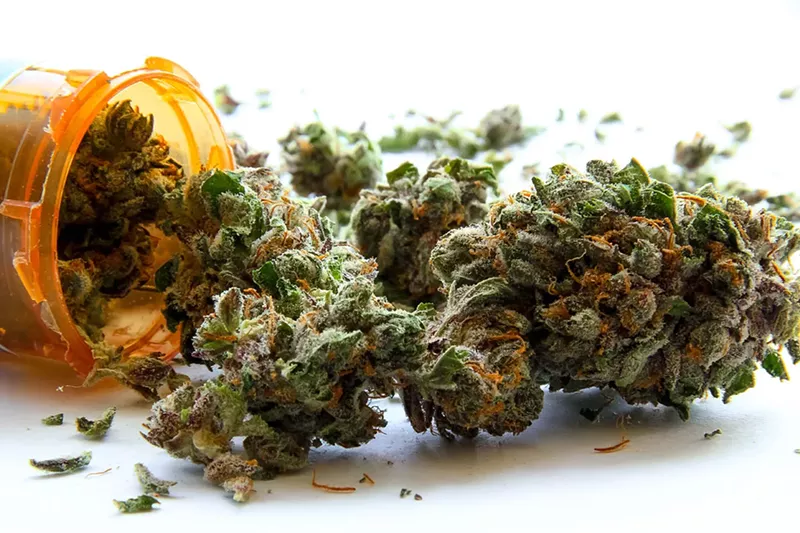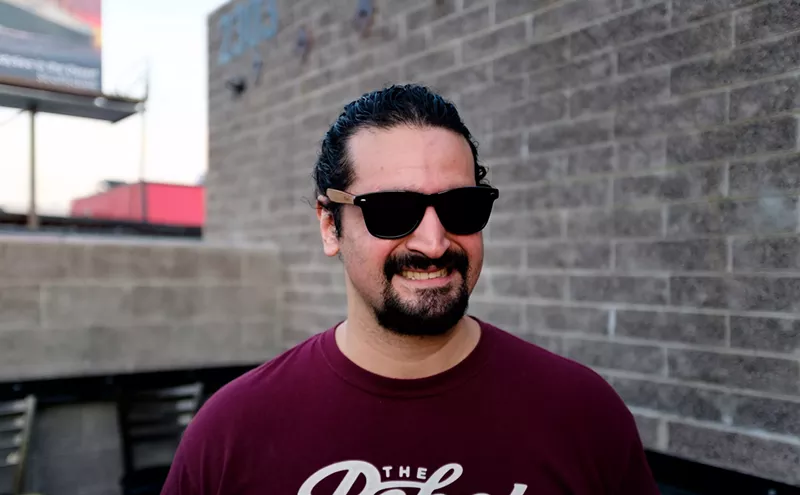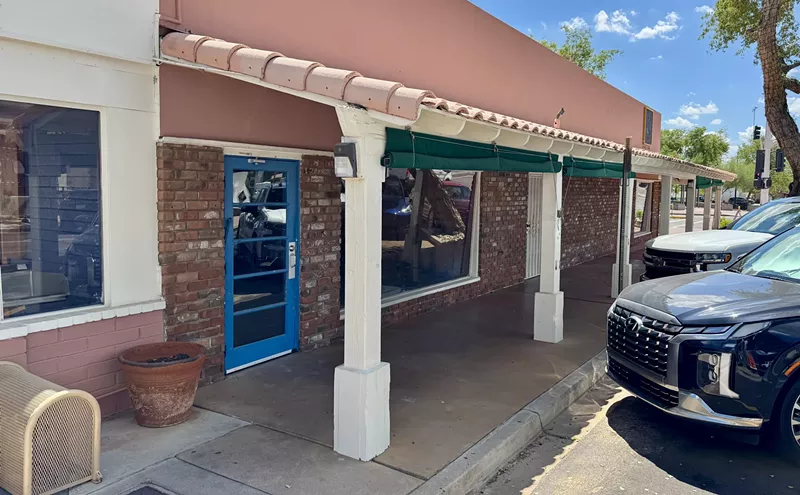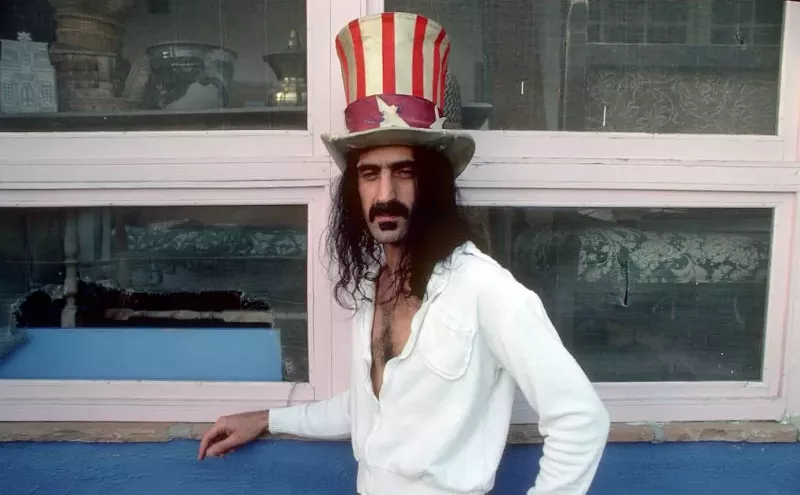***
Arizona is fumbling a chance to be a leader in medical marijuana science — for reasons that aren’t clear — and should follow through on funding the would-be researchers that the state’s elected officials aimed to support.
That’s the takeaway from a letter to top Arizona officials signed by a variety of marijuana-related parties who, per their own admission, rarely agree on much of anything.
On medical research funding, however, they’re aligned. Leaders of the Arizona Dispensaries Association (ADA), the Hemp Industry Trade Association (HITA) and Arizona’s chapter of the National Organization for the Reform of Marijuana Laws (NORML) co-signed the letter with Dr. Sue Sisley, the president and principal researcher of the Scottsdale Research Institute. Addressed to Shelia Sjolander, the interim director of the Arizona Department of Health Services, as well as several aides to Gov. Katie Hobbs, the letter asks the state to put $2 million from the Arizona Medical Marijuana Fund toward medical marijuana research in 2026.
Arizona lawmakers have already approved that research funding. State agencies simply aren’t spending it.
That $2 million, the letter signatories say, would help to advance research into possible benefits cannabis may have for the treatment of conditions such as autism, epilepsy and post-traumatic stress disorder. Their request is an effort to dislodge funding they expected would be directed during the 2025 legislative session. But a bill to direct that money failed to pass, a loss that still baffles lawmakers who expected the measure to sail through to the governor’s desk for approval.
You wouldn’t think such an ask would be necessary. But current state law doesn’t require the government to use the funds in the medical marijuana fund for medical marijuana research.
The 2021 law that allotted up to $25 million for such research gave the Arizona Biomedical Research Centre wide discretion with a single word: “may.” While the law made clear that the health department, which runs the research centre, “shall” fund research, it said the centre “may” fund cannabis research.
To date, it barely has — if at all. Julie Gunnigle, the executive director of Arizona’s NOMRL chapter, described the amount as “bread crumbs.” A DHS spokesperson did not respond to a Phoenix New Times question about the dollar figure.
“We need more information on marijuana and epilepsy, marijuana and autism, marijuana for PTSD as a primary condition,” Gunnigle told New Times. “That’s what this money was supposed to be used for. All the places this money went were places that weren’t going to help patients.”
It isn’t the first time the state has slow-walked or mishandled money meant for medical marijuana-related issues. A 2019 report by Arizona Auditor General Lindsey Perry found that the Department of Health Services, in managing the Arizona Medical Marijuana Fund, misallocated funds that were supposed to be spent to further the Medical Marijuana Act.

Julie Gunnigle, the legal director of Arizona's chapter of the National Organization for the Reform of Marijuana Laws, said, “It’s a very fair thing to say that House Democrats killed this research bill."
Ash Ponders
Killed by Democrats
Earlier this year, a Republican lawmaker from Sun City seemingly cleared a path to fixing the may/shall snag. State Sen. Kevin Payne introduced a bill that would have required the health department to fund $4 million in competitive grants for medical marijuana research over two years.“It seemed like it had a good chance of passing,” Sisley said of Payne’s bill. “It was almost like more of a technical correction.”
Yet the measure failed because of an unlikely culprit: Democrats in the House of Representatives. While the bill had overwhelming bipartisan support in the Senate, very few House Democrats supported it.
“I don’t know why anybody would have been against it, quite frankly,” Payne told New Times, noting that he got involved at the urging of parents whose children have autism. “I heard such promising things about these kids who were banging their heads against the wall and whatnot were no longer doing that (while using marijuana products). I heard a lot of other things that it was good for — PTSD and whatnot. But I want to know for sure.”
Said Gunnigle: “It’s a very fair thing to say that House Democrats killed this research bill. And it will be for reasons that I will never understand.”
State Rep. Sarah Liguori, one of the few Democrats who voted for Payne’s bill, likewise wonders why her colleagues voted no. It was her understanding, she told New Times, that the health department was on board with spending the $4 million over two years. “That was good enough for me to support the bill,” she said.
State Rep. Cesar Aguilar, a Democrat who voted against the bill, told New Times that staffers persuaded the caucus not to support it.
“Our staff had told us that in 2021 they already did a $1 million grant to (the Southwest Autism Research & Resource Center) to see how studies would do for (a) clinical trial,” Aguilar told New Times via text. “And they hadn’t used all the funding for that.”
Karen Scott, a spokesperson for SARRC, said Aguilar's figure is wrong. "The actual amount allocated in 2021 was $5.4 million, not $1 million," she wrote. "Additionally, studies have been underway and are still ongoing. Those several studies include a double-blind placebo-controlled clinical trial and a general safety study for recreational users. These studies are using the 2021 funds referenced."
Scott did not say whether SARRC still had unspent grant money.
Payne noted there was talk that the Arizona Dispensaries Association — which signed on to the recent letter — was behind the bill’s demise.
“I was told that the dispensaries were pushing against it,” he said. “Since they donate to a lot of Democrats, Democrats went along with it. Republicans by nature — they’re just against it.”
Ann Torrez, the executive director of the Arizona Dispensaries Association, declined to comment on Payne’s statement.

Sue Sisley, the executive director of the Scottsdale Research Institute, is one of the top cannabis researchers in the country.
Courtesy of Andrew Neugebauer
‘The No. 1 cannabis researcher’
Compounding the frustration for advocates: Arizona has the capacity to be a hub for medical marijuana studies.Liguori and Gunnigle said that the state should be taking advantage of the fact that Sisley, a top researcher of cannabis and psychedelic substances, works in Arizona.
“It’s infuriating to live in the state that has the No. 1 cannabis researcher in the world, and year over year we keep promising we’re going to engage in this kind of research and have been stymied,” Gunnigle said.
Sisley noted that it wasn’t guaranteed that her institute would get grants if the Department of Health Services funded them.
“We would be competing alongside everyone else,” Sisley said. “This is clearly in the spirit and intent of what the voters wanted — they would want research on how this medicine will work or not work for treating certain conditions.”
Cannabis still lacks key research that would make more doctors take it seriously as a medical option, she said.
“Yes, there has been a lot of research on cannabis, but it hasn’t been the kind of high-quality research that we would consider as credible to counsel patients on how to take the medicine,” she said. “In the physician community, they demand the gold standard: randomized controlled trials.”
She said the hope is that one day, with better research, insurance will cover marijuana like opioids and benzodiazepines.
“Only research can get us there,” she said.
Payne noted that the unlikely agreement between the ADA, HITA and NORML showcases the full support medical marijuana funding has this time around.
“It looks like everyone is behind it now,” Payne said. “Why are we not doing it?”













